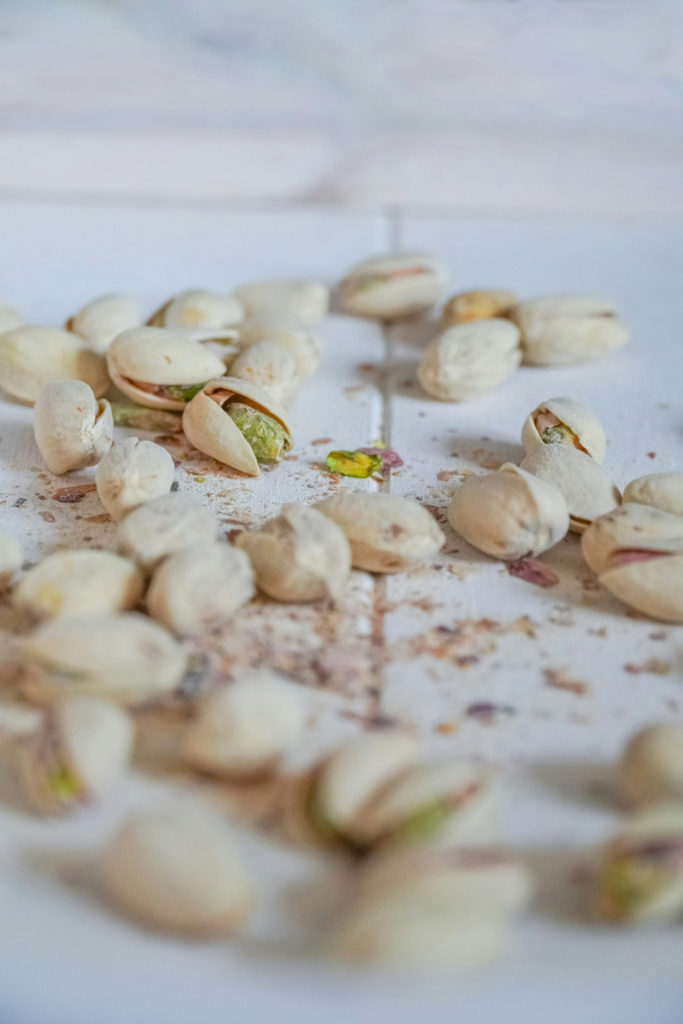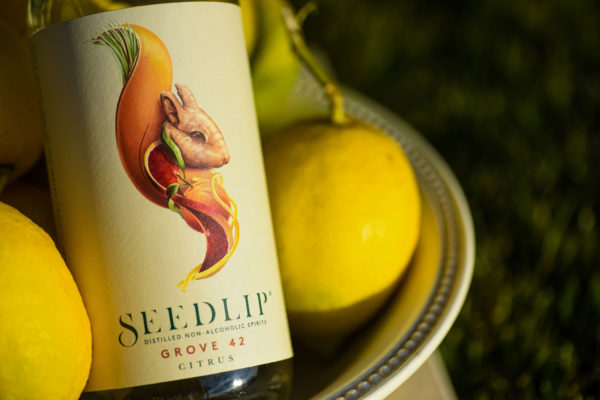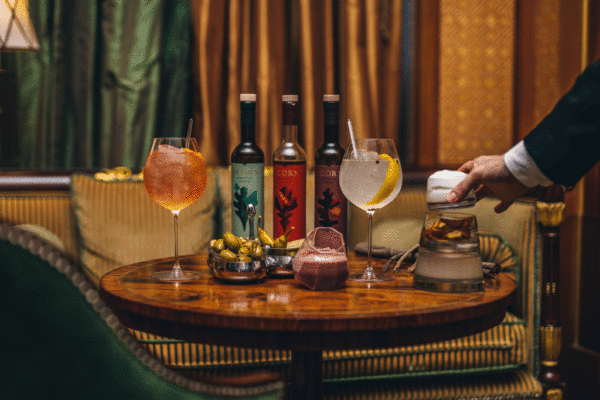What Are The Health Benefits Of Dry January?
By
1 year ago
From improved sleep to brighter skin, here are some of the perks of going sober
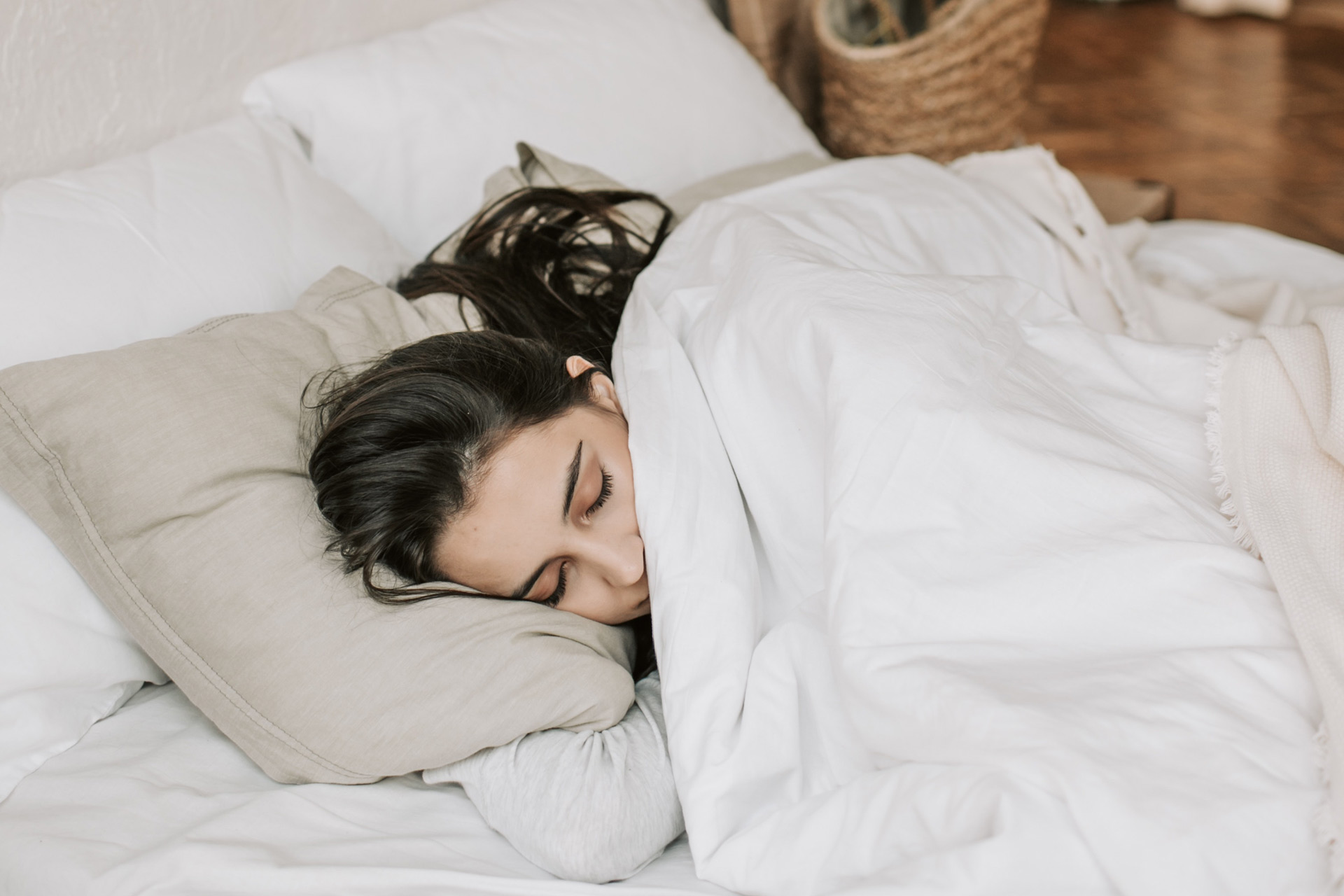
It’s that time of year when many of us hang up our drinking boots for a month of sobriety, following a heavy few weeks of fizz and partying. According to Alcohol Change UK, 8.5 million people plan to take part in Dry January this year, which equates to one in six UK adults. So how can those trying the challenge expect to feel – and look? Here we chat to Richard Piper, the CEO of Alcohol Change UK, about the health benefits of Dry January, plus tips for staying motivated throughout the month and beyond.
What Are The Health Benefits Of Dry January?
What are the potential physical health benefits of doing Dry January?
Doing Dry January gives your immune system a boost, and gives you more energy, better sleep, brighter skin, and stronger hair and nails. A month off alcohol also leads to lower blood pressure, cholesterol and diabetes risk, as well as lower cancer-related proteins in the blood.
What about the mental benefits? How can people taking part expect to feel?
Alcohol can affect your mental health and influence feelings of stress, low mood and anxiety. But taking a break from drinking alcohol can really help to relieve these feelings, improving your mood and reducing anxiety.
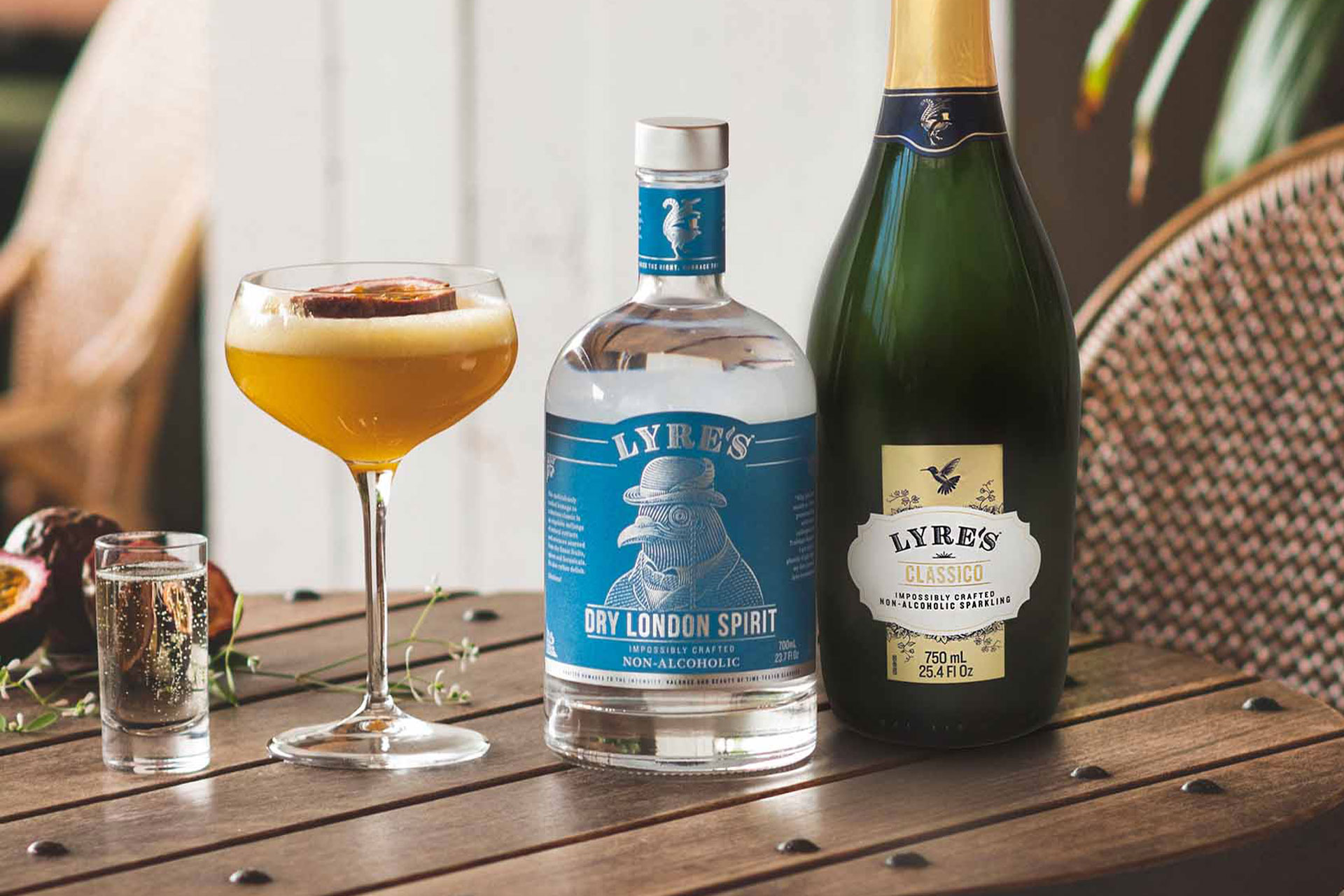
How will cutting out alcohol benefit our sleep?
Drinking alcohol might help some of us get to sleep, but it doesn’t give you a restful sleep, as you’ll be spending less time in a deep sleep. It can also lead to more trips to the bathroom in the night, as alcohol is a diuretic. Another side effect you’ll experience is sweating more, which will only add to the dehydration and have you waking up feeling sleepy and with a sore head. When we drink, REM (Rapid Eye Movement) sleep is suppressed which is why many of us can still feel really tired the day after drinking, despite how many hours we’ve managed. If you drink regularly, your brain will have adapted to expect the alcohol before bedtime and relies on it to get you to sleep.
But without alcohol in your bloodstream, you’ll be sleeping more deeply and get that refreshed feeling when you wake up in the morning. It may take a few days for this to happen as your brain unlearns old habits. But the benefits of a deeper, more restful sleep will be on their way. Research shows that 70 percent of participants taking part in Dry January sleep better. They also experience boosted energy levels, sharper concentration, and happier year-round drinking.
For some, vivid dreams can be common when taking part in Dry January. Studies suggest this could be due to increased REM sleep – the stage of sleep during which we dream.
Will it aid with weight loss?
Taking a month off alcohol will, for many people, reduce their blood pressure, increase their energy levels, enhance their sleep and see them losing weight. Many alcohol-free alternative drinks are lower in calories than their alcoholic counterparts too.
Who is it best for?
Each year adults of all ages and backgrounds choose to take part in Dry January and feel the benefits for themselves. Research shows that, compared to those who try being dry on their own, people who take part in Dry January with Alcohol Change UK double their chance of having a totally alcohol-free month. They gain significantly more of the benefits (energy, sleep, skin, savings, mental wellbeing), and are much more likely to be able to take control of their drinking longer-term, despite being heavier drinkers to start with.
According to independent analysis, people who take part in Dry January drink more riskily than the general population (as measured by AUDIT-C, a tool developed by the World Health Organisation). Yet six months after the challenge ends, their average drinking risk score has decreased dramatically – in contrast to people who do not take part in Dry January, whose risk scores remain similar.
- Drinking days per week dropped on average from 4.3 to 3.3.
- Units consumed per drinking day dropped on average from 8.6 to 7.1.
- Frequency of drunkenness fell on average from 3.4 per month to 2.1 per month.
Is there anyone who shouldn’t try the challenge?
If you drink very heavily or regularly, Dry January may not be for you. People who are clinically alcohol dependent can die if they suddenly, completely stop drinking.
If you experience fits, shaking hands, sweating, seeing things that are not real, depression, anxiety, or difficulty sleeping after a period of drinking and while sobering up, then you may be clinically alcohol dependent and should NOT suddenly, completely stop drinking. But you can still take control of your drinking. Talk to a GP or your local community alcohol service who will be able to get help for you to reduce your drinking safely. Find out more on the Alcohol Change UK website.
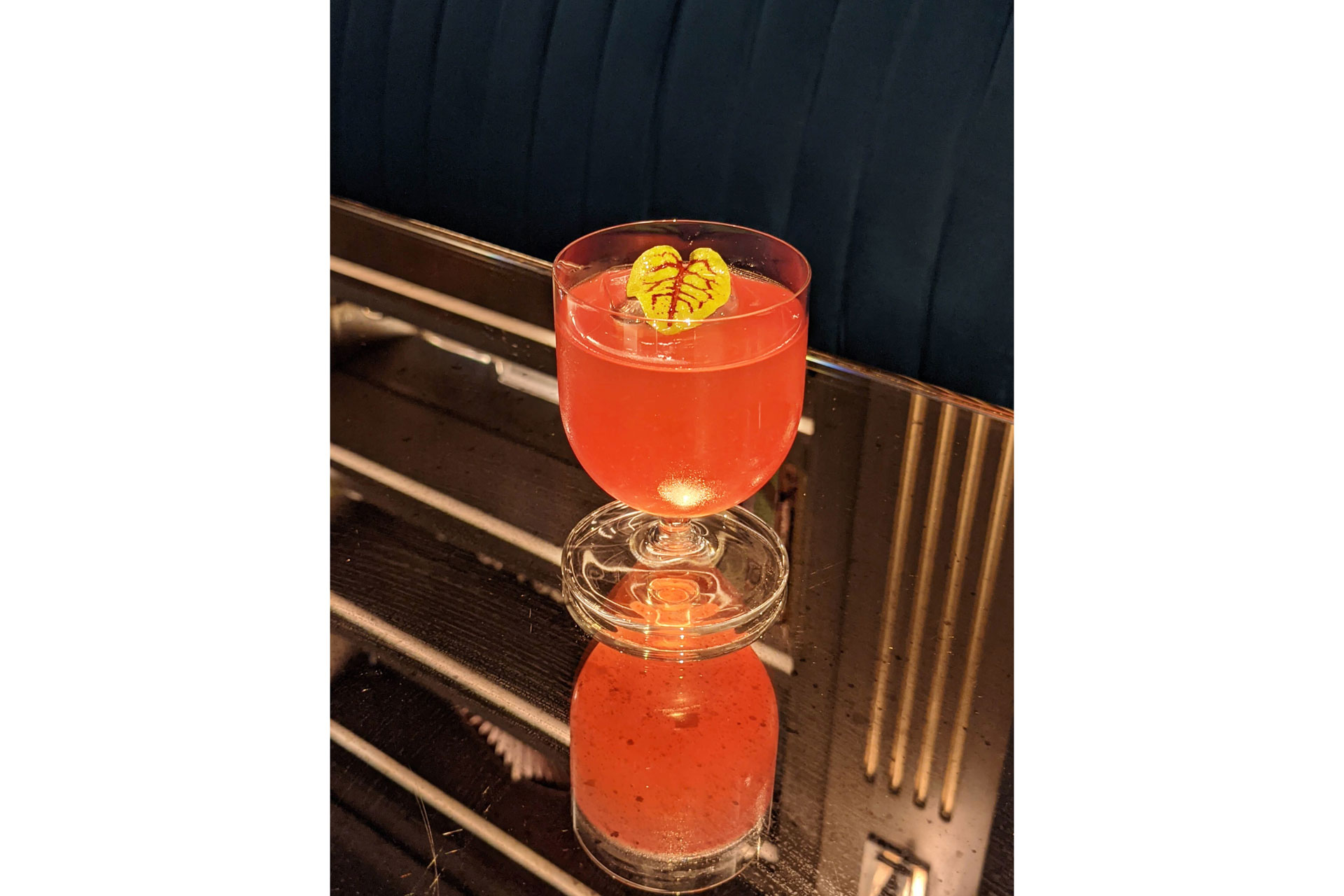
Mocktail at The Churchill Bar & Terrace
How might taking part in Dry January improve our relationship with alcohol long term?
Seven in 10 people who do Dry January with Alcohol Change UK have significantly improved wellbeing and lower alcohol health risks six months later. Over time, many of us can find our drinking creeping upwards and find that alcohol has become a bit of a habit. Your aim might be to moderate or cut back your drinking, but to succeed in that you might well need a proper break and 31 days is a good period to start with. After this reset, you might find you can successfully return to a low level of drinking.
If you’d like to reset your relationship with alcohol and improve your sleep, give Dry January a try by downloading the free Try Dry app. You can use it year-round to check your units, calories and money saved, and earn badges as you go.
Any suggestions for staying motivated?
- Write down your reasons for doing Dry January. Think about how drinking makes you feel and what you’re looking forward to most from not drinking – whether that’s improved sleep, feeling fitter, having less anxiety, saving money. It can be helpful to write these reasons down and put them somewhere you can easily access them. This can really help to keep you motivated, particularly when things get tough.
- Make a plan. Decide beforehand what you’re going to do to get through any upcoming events or emotional states that would normally have you reaching for a drink. This will be a great help throughout Dry January. Whether it’s sticking to alcohol-free alternatives or practising what you’ll say if you’re offered a drink, make sure you have a plan in place. Ask friends and family to support your decision and reward yourself when you overcome a tricky situation.
- Encourage friends and family to take part. Doing Dry January with a friend or family member can be a great motivator and help to keep you both on track. So ask your nearest and dearest if they’re interested in joining in. Even if no one else wants to join you, it’s important to have a support network in place – people who won’t pressure you into drinking, and to encourage you if things are tricky.
- Treat yourself. Many of us use alcohol as our go-to way to have fun, de-stress or treat ourselves. So, this is a great opportunity to break the association between alcohol and treating yourself as you journey through the month. Instead of a glass of wine or a pint, have or do something else you enjoy.
- Think about future you. Dry January is a great way to help you develop a healthier relationship with alcohol over the longer-term. So once Dry January is over, check in with yourself. Perhaps you feel more productive, have a boosted mood, or are just generally healthier. More importantly, you’ll have realised that you don’t need alcohol to have fun, relax, or socialise. You don’t need alcohol to be you.
What’s the best way to return to drinking alcohol afterwards?
If you start to drink alcohol again after Dry January, your tolerance (how much alcohol you can drink without becoming drunk/ill/hungover) will be reduced, so bear this in mind for February as your body has just got used to being booze-free.
Here are a few tips to help you through February and beyond:
- Drink and think in units. Remember it’s advisable not to drink more than 14 units per week; that’s about six pints of normal strength beer or a bottle and a half of wine, per week.
- Make a plan – decide what you want to drink in advance and stick to your plan.
- Only drink what you enjoy! Think about the drinks you have because you actually want and enjoy them, and those you just drink because they’re there or out of habit. The latter are the best drinks to cut out – and you’ll be amazed at the difference this makes.
- Try alcohol-free alternatives (such as Lyre’s, the official wine and spirit of Dry January).
- Download the free Try Dry app to keep you on track.
Richard Piper is CEO of Alcohol Change UK, the charity behind Dry January. For the third year running, Lyre’s is the Official Wine & Spirit of Dry January. CEO of Lyre’s Paul Gloster says: ‘It is such an important time of year for the Lyre’s brand and we welcome brand fans and newcomers to try our product in the ever growing movement. Our continued focus this year is ensure more and more consumers try our products, so alongside being able to enjoy Lyre’s in the comfort of your own home, we are working with our key on-trade partners in London and around the UK offer Lyre’s Dry January cocktail menus. Menus can be enjoyed in venues such as All Bar One, Young’s, Comptoir Libanais, The Ivy Asia, LPM Restaurant and Le Petit Bar to name a few.’ Find out more at lyres.co.uk.





